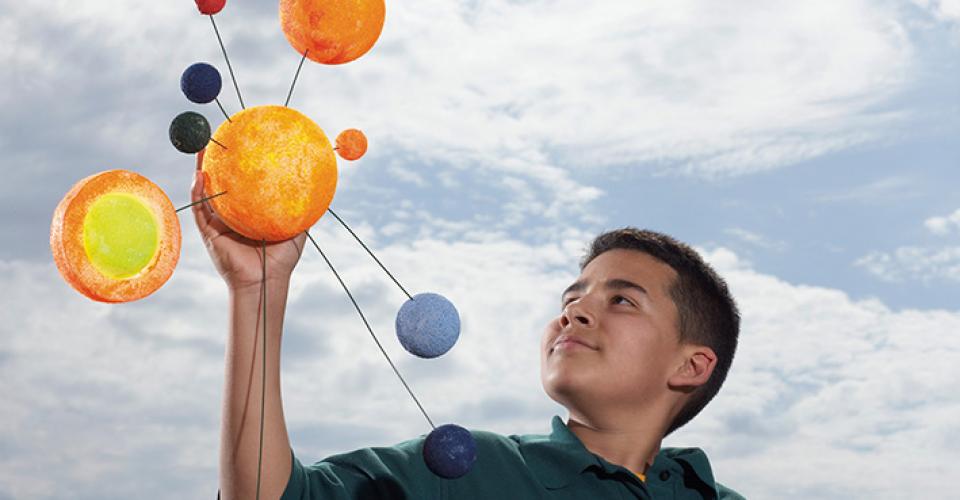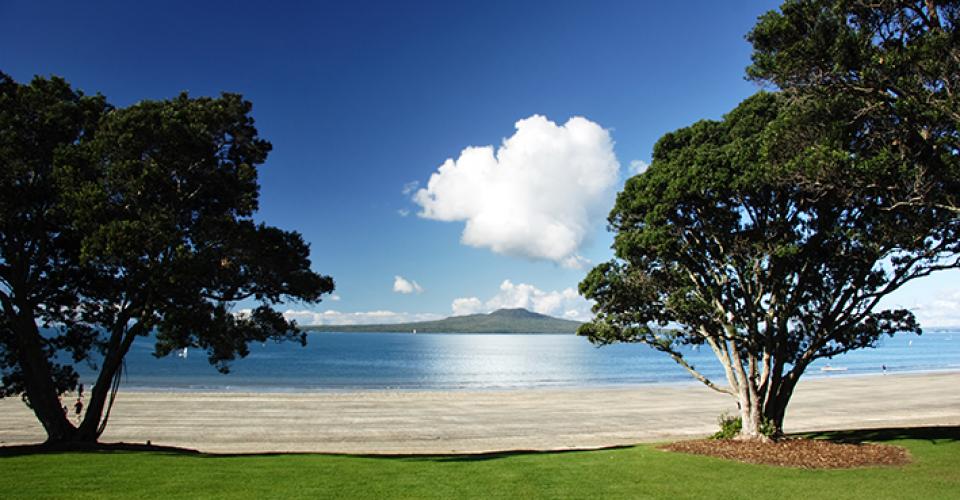Microscope donation makes macroscopic difference
29/07/2015A donation from Lincoln University will allow students in Tonga and the Cook Islands to explore issues related to the non-communicable disease epidemic.
 A Tongan high school teacher visited Lincoln University recently to collect a donation of five microscopes that will allow her students to participate in hands-on learning.
A Tongan high school teacher visited Lincoln University recently to collect a donation of five microscopes that will allow her students to participate in hands-on learning.
Oliveti Tovo, head of science at Tonga College, says many of the students can label the different parts of a microscope and know how to make slides, but have only viewed pictures of scientific equipment in textbooks.
“They have never seen, touched or used a microscope before, so their knowledge is all theoretical,” she says.
The donation came about as a result of the university’s connection with the Pacific Science for Health Literacy Project, which is led by principal investigator Jacquie Bay from The University of Auckland’s Liggins Institute.
Jacqui says the programme, funded by the New Zealand Aid Programme, is a collaboration between education and health teams in Tonga and the Cook Islands, as well as scientists from the Liggins Institute and Lincoln University.
“The project aims to develop learning resources that allow students in Tonga and the Cook Islands to explore issues related to the non-communicable disease epidemic,” she says.
“The students are learning about issues associated with nutrition and its relationship to health and wellbeing, even before birth. We are working to translate science in a way that has the potential to change young people’s futures.”
Lincoln University ecology professor Steve Wratten, who has been involved with providing practical scientific information for the project in relation to sustainable food production, says microscopes can help the students to understand the processes involved in growing food.
“If there are pests on plants, we need to examine them closely to find out what they are and determine whether or not we can use natural methods to control them,” he says.
“It’s also important to find out how good the soil is and whether it can be improved with composts, rather than imported fertilisers, which are expensive in Tonga and the Cook Islands.
“Without microscopes, we can tell only half the story.”
Professor Wratten says affordable fruit and vegetables are essential for good nutrition, but the supply is low in countries such as Tonga, where 92.8 per cent of the population consume less than five combined servings of fruit and vegetables per day.
“The idea is to support teachers to work with students so they can use scientific evidence to look at how to improve fruit and vegetable supply.”
In addition to the microscope donation, Oliveti Tovo says that as part of the project, Jacqui regularly visits Tonga College to work with teachers, observe classes and provide learning resources.
“It’s much livelier in the classroom now,” she says. “The students love the new way of practical learning that the project has introduced.”
Oliveti says the science lab at Tonga College was recently renovated, using funds raised by the school’s PTA.
“We now have pencils, running water, shelves and noticeboards, but it was bare apart from those things, so we’re very grateful for the microscopes. We will probably allow students from other schools to come and use them.”
During her visit to Lincoln University, Oliveti enjoyed a tour of the campus and spent time with PhD students who have been working with Professor Wratten on agro-ecology research.
“I wish the kids I teach had been here to listen to the students’ presentations,” she says. “This is a world far beyond what they are used to, and it’s sad, because they are smart kids and have a lot of potential. The visit here has really opened my mind to how much is possible.”

























Post your comment
Comments
No one has commented on this page yet.
RSS feed for comments on this page | RSS feed for all comments